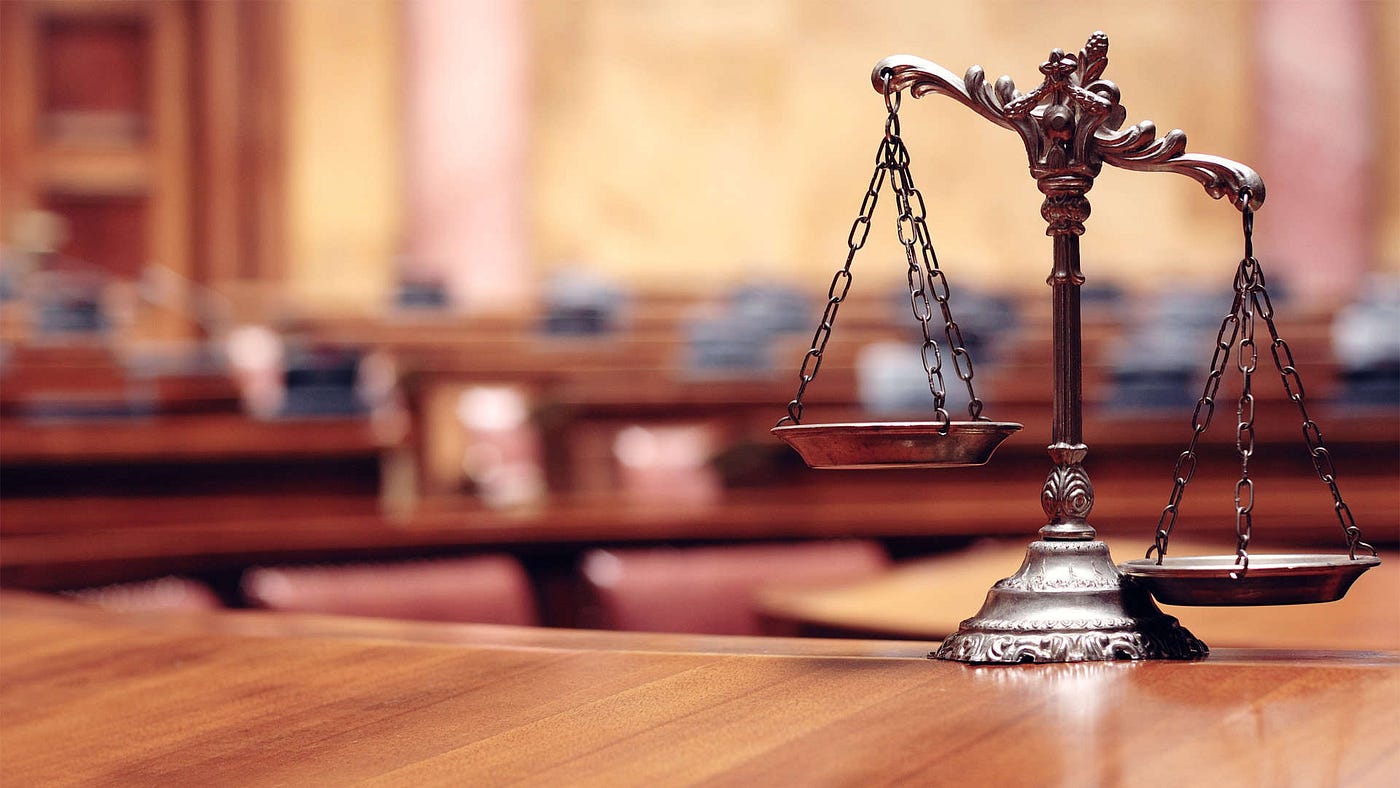This article is authored by Gauri Bansal and edited by Mr. Anoop Prakash Awasthi, AOR and Adv. Prapti Singh.
SC/0080/1981
Fact
In this case the Supreme Court took up questions affecting the principle of independence of judiciary, a basic feature of the Constitution of India.
Question Of Law
One of the issues raised was regarding the validity of Central Government orders on the non-appointment of two judges and the disclosure of correspondence between the Law Minister the Chief Justice of Delhi High Court and the Chief Justice of India.
Held
The Court held that there were two main grounds upon which the Central Government’s decision regarding appointment and transfer could be challenged. The Court rescued that an open and effective participatory democracy requires accountability and access to information by the public about the functioning of the Government. At the very outset, the Court elaborated on the concept of independence of judiciary saying:
“It is necessary to remind ourselves that the concept of independence of the judiciary is not hated any top from executive pressure or influence but if a much wider concept which takes with the independence from many other pressures and pre-pushes. It may dimension, name fearlessness of other power centre, economic or political and freedom from prejudices acquired and our tiled by the class to which the Judges belong”
Article 124 and 217 of the Constitution of India deal with the appointment of judges to the Supreme Court and the various High Courts. They were discussed at length by the Court while deciding who has the final voice in the appointment of judges to the higher judiciary. The Court held that there were only two grounds on the basis of which the Central Government’s decision regarding appointment and transfer can be challenged: (1) when there was no fill and effective consultation between the Central Government and the appropriate authorities and (2) the decision was based on irrelevant grounds. Under these considerations, the Court his to decide whether disclosure of a particular document would be contrary to public interest
In the present case, it was held that the correspondence in question was not protected. Since it dealt with the appointment and transfer of judges it was held to be one of great importance to public interest. The Court recognized that a democratic society cannot keep the activities of the government hidden from the public in order to avoid accountability and criticism. Recognizing a right to know which seems implicit in the right of free speech and expression” the Court reasoned that: “Where a society has chosen to accept democracy as its creedal faith, it is elementary that the citizen ought to me what her government is dog The Court also defined open government from the right to know which is implicit in the right to free speech and expression under Article 19 (1) (a) of the Constitution
The Court identified a presumption of disclosure; “disclosure of information in regard to the functioning of Government must be the rule and secrecy an exception justified only where the strictest requirement of public interest so demands. The approach of the Court must be to attenuate the area of secrecy as much as possible consistent with the requirement of public interest, bearing and all the time that disclosure also serves an important aspect of public interest.




